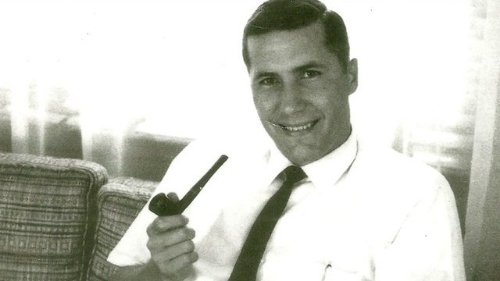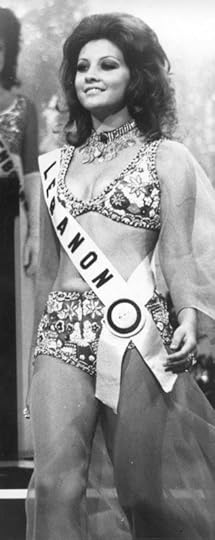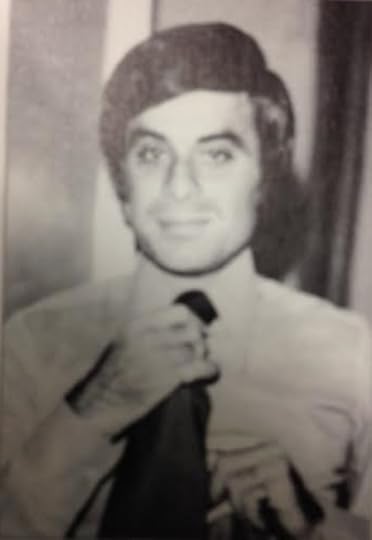What do you think?
Rate this book


448 pages, Hardcover
First published May 20, 2014
The Palestinian-Israeli conflict still engenders angry emotions on all sides. Robert Ames believed that a real peace was possible. The Middle East need not remain a perennial battlefield. He used his intelligence and charm to begin the peace process in the shadows of Beirut. His clandestine work was a catalyst for that symbolic handshake on the White House lawn [between Yitzhak Rabin and Yasir Arafat]. He was the good spy. But his work remains unfinished.



Georgina Rizk, the great Lebanese beauty who fell in love with Salameh. She is the only woman from the Middle East to win Miss Universe.

